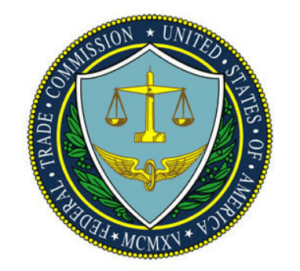by William Savitt, Mark F. Veblen, Kevin S. Schwartz, Noah B. Yavitz, Carmen X. W. Lu, and Courtney D. Hauck

Top from left to right: William Savitt, Mark F. Veblen, and Kevin S. Schwartz.
Bottom left to right: Noah B. Yavitz, Carmen X. W. Lu, and Courtney D. Hauck. (Photos courtesy of Wachtell, Lipton, Rosen & Katz)
Corporate disclosures concerning artificial intelligence have increased dramatically in the past year, with Bloomberg reporting that nearly half of S&P 500 companies referenced AI in their most recent annual reports. And some investors are clamoring for even more, using shareholder proposals to press public companies for detailed disclosures concerning AI initiatives, policies, and practices — including, most recently, an Apple shareholder proposal that attracted significant support at a meeting last week. Regulators, meanwhile, have signaled increasing scrutiny of AI-related corporate disclosures, including in a February speech by SEC Chair Gensler cautioning against “AI washing” — the practice of overstating or misstating corporate AI activity. For the 2024 proxy season and beyond, public companies will need to balance the competing demands of regulators and investors, in order to craft effective, responsive strategies for engaging with their stockholders on AI topics.









